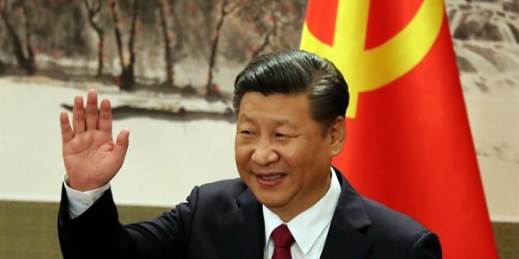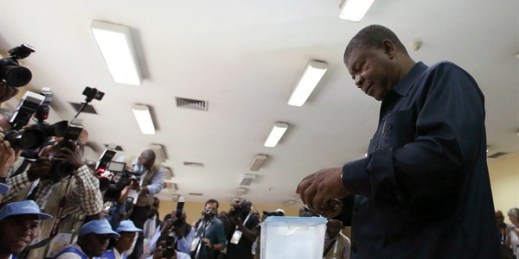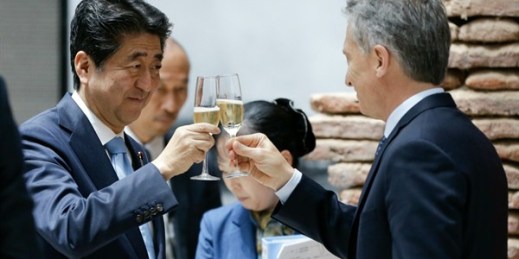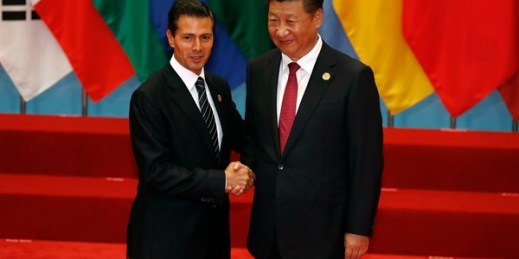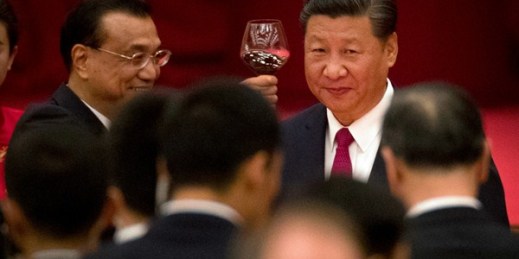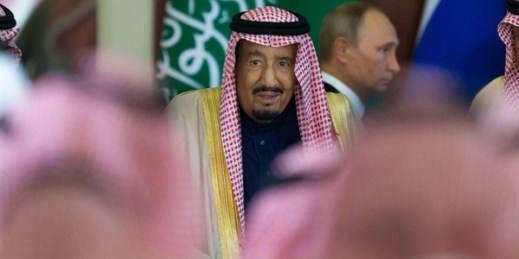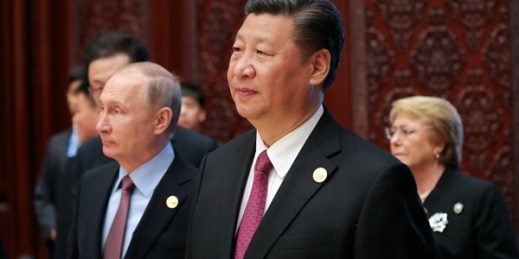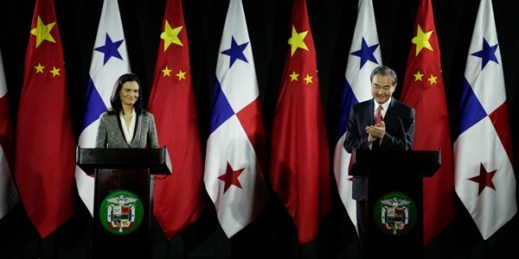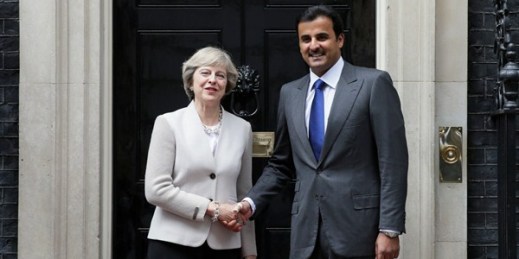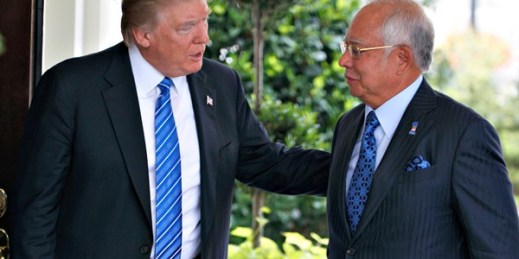
The revolution in shale oil production in the United States has had a major impact on global energy markets, leading to the collapse of energy prices but also limiting their vulnerability to geopolitical instability. In an email interview, Meghan L. O’Sullivan, the Jeane Kirkpatrick professor of the practice of international affairs at Harvard University’s Kennedy School, where she directs the Geopolitics of Energy Project, and the recent author of “Windfall: How the New Energy Abundance Upends Global Politics and Strengthens America’s Power,” discusses what a rebalancing of supply and demand will mean for geopolitics going forward, if a supply gap […]

